
Welcome to FOR 128!
Agenda
Introductions
Course goals
Course expectations + syllabus
Explore course website
Preparing for Thursday
Engagement
It has become harder and harder to stay focused over the last decade given the massive rise in wearable and mobile technology.
If you’ll be using a laptop to take notes, please avoid distractions to yourself and classmates by silencing notifications and avoiding checking emails, news, social media, etc.
Please leave your phone on silent and put it somewhere where it won’t distract you.
Introductions
In groups of ~3, introduce yourselves to each other.
(name, hometown, major, favorite food, etc.)
03:00
About me
I’m Grayson, a PhD student in Forestry.
Before coming to Michigan State, I worked as a Data Scientist contracting for the USDA Forest Service.
Before that, I majored in Mathematics & Statistics at Reed College.
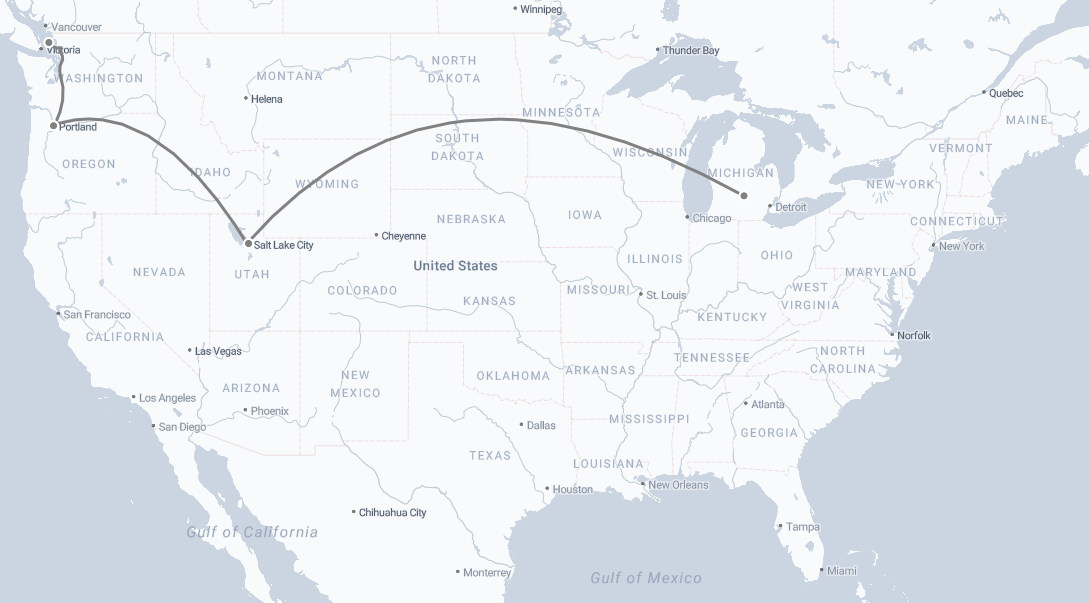
About me
I ❤️ teaching, especially about Data Science + Forestry.
In the past, I’ve co-directed a Forestry Data Science lab for undergraduates.
About me
I ❤️ teaching, especially about Data Science + Forestry.
In the past, I’ve co-directed a Forestry Data Science lab for undergraduates.
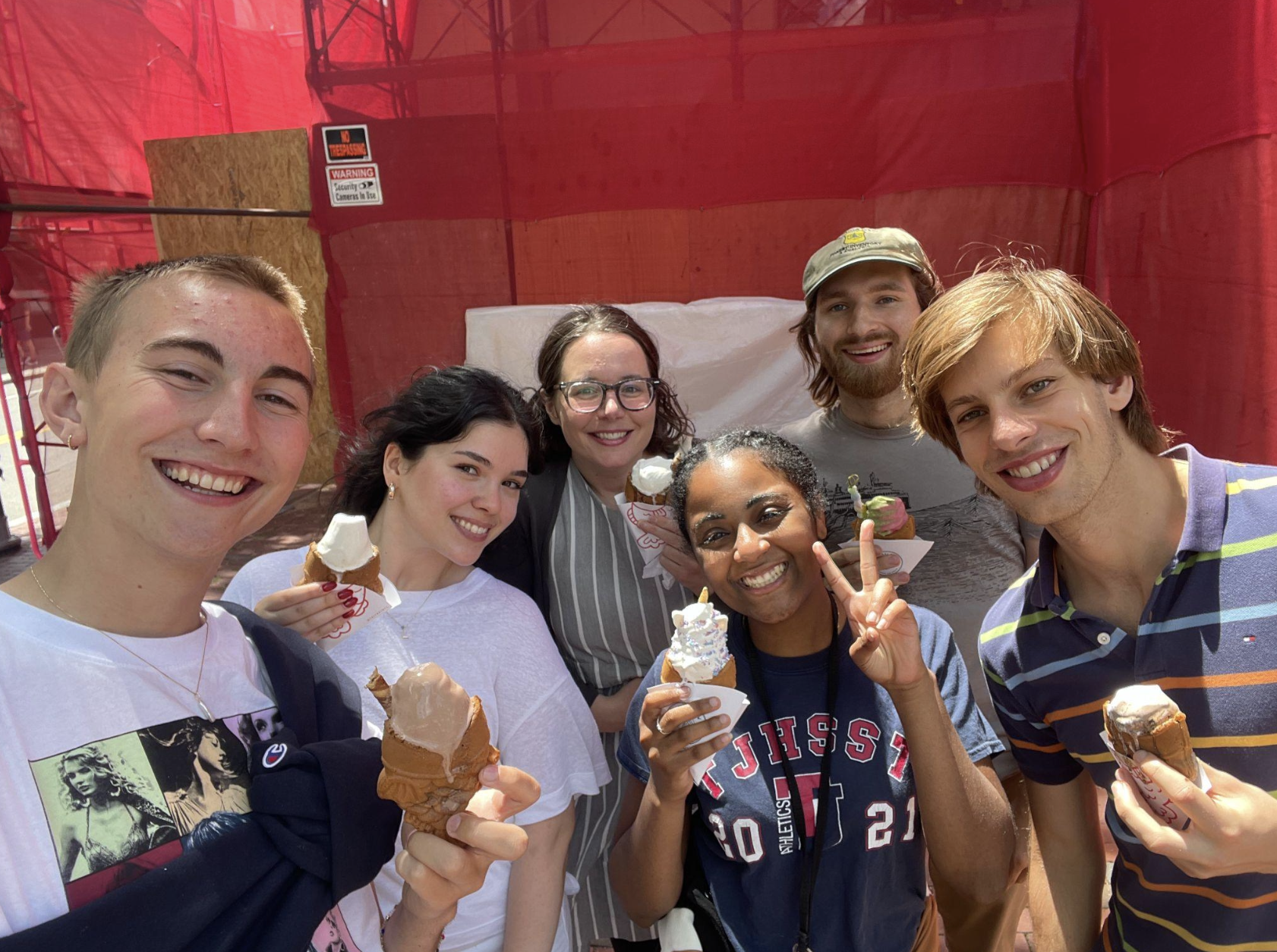
What is (Forestry) Data Science?
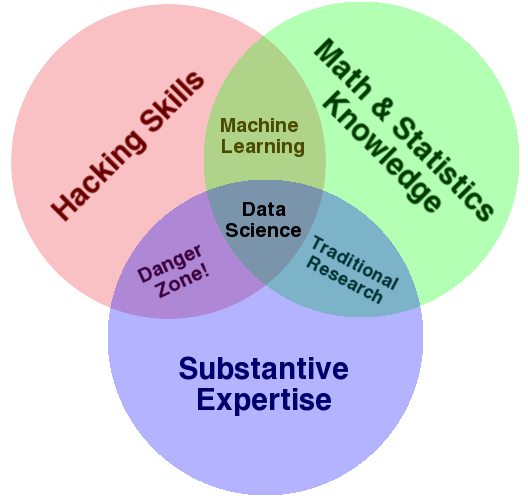
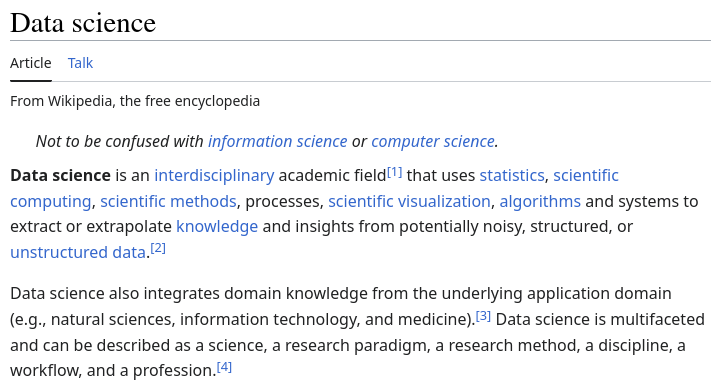
Okay, but really, what is (Forestry) Data Science?
- Creating dashboards, like this Forestry Data Science Dashboard

- Creating
Rpackages, likesaeczi, which an undergraduate wrote while doing Forestry Data Science research with me
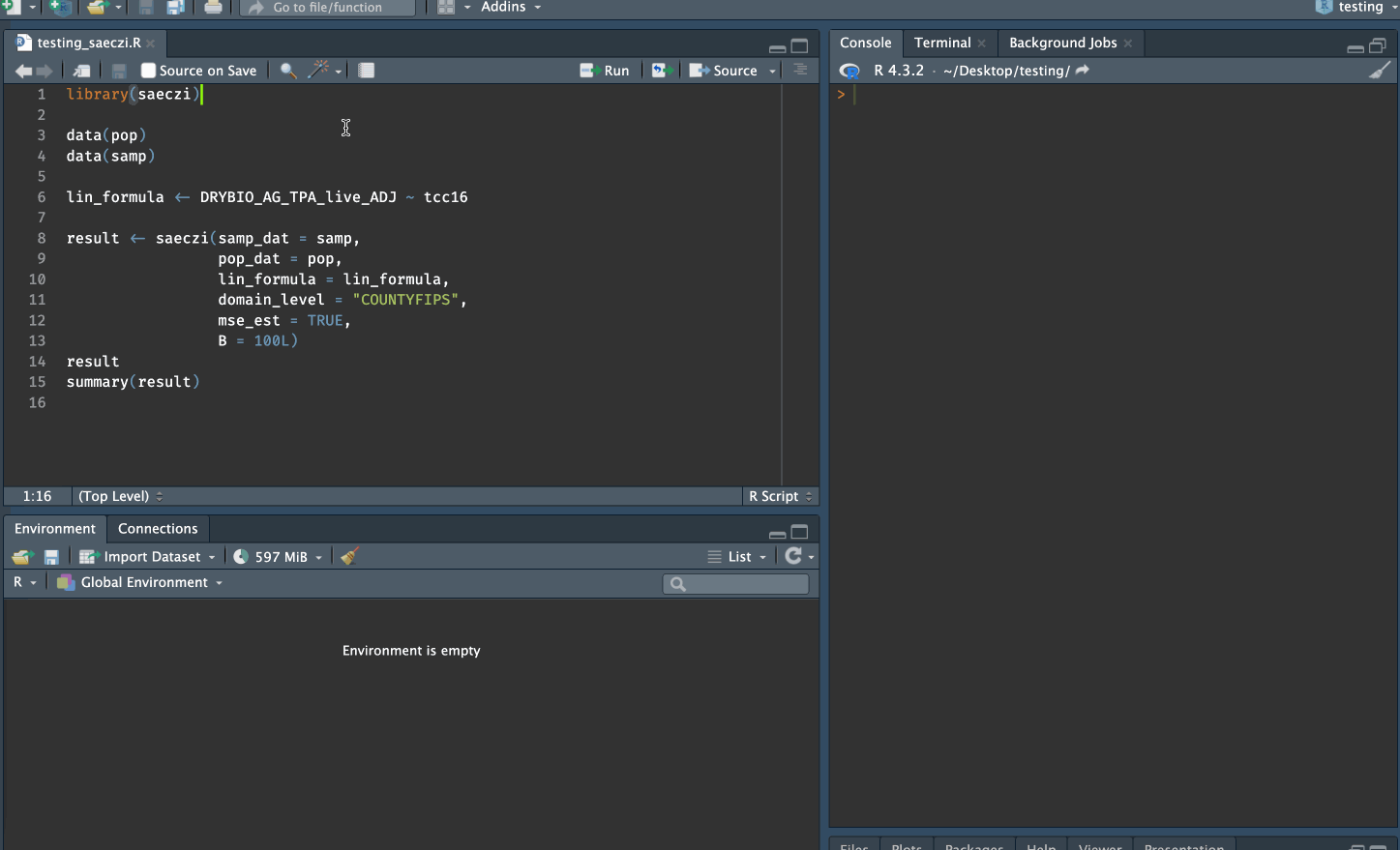
Path to Forestry Data Science
Take this class and engage thoughtfully with the material. ✅
Take FOR 372 (offered this spring) to gain more domain-specific statistical expertise.
A wide variety of knowledge in statistics, computer science, and your domain field of expertise (forestry) is important.
Engage in undergraduate research opportunities!
Course goals
- Getting to know your computer and using it thoughtfully
- operating systems,
- files,
- directories,
- good naming conventions,
- file organization
Course goals
- Learn how to use a variety of data science tools with forestry applications
- The
Rprogramming language, - The RStudio IDE,
- Quarto (for reproducible reports)
- The
- Learn extensive
Rprogramming skills- base
Randtidyverseapproaches - data structures
- custom functions
- data wrangling & reshaping
- beautiful plots with
ggplot2
- base
Course expectations: let’s review the syllabus
02:00
Syllabus: Materials
Textbook: IFDAR
Introduction to Forestry Data Analysis with R, by Andrew O. Finley and Jeffrey W. Doser. Available free, online: www.finley-lab.com/files/ifdar/
Technologies: R, RStudio, a laptop
R is a free and open source programming language, and RStudio is an Integrated Development Environment (IDE) which allows for streamlined use of the R programming language. Both are free to install, and installation instructions will be provided in this course. A laptop that can run R and RStudio is required for this course.
Syllabus: Meetings

Syllabus: Assessments
- Lab reports (40%)
- Lab reports are assigned on Thursdays during lab time, and due the following Wednesday at 5pm on D2L. We will have a lab each week (except for the week of the midterm exam).
- Midterm Exams (20%)
- There will be two midterm exams, one on week 6 and one on week 12. Each midterm is worth 10% of the final grade.
- In-class quizzes (15%)
- In-class quizzes do not have a regular schedule and will occur based on the material we get through.
Syllabus: Assessments
- Lecture tickets (10%)
- Lecture tickets are due at the beginning of every lecture, handed in in-person, by you.
- Final Project (15%)
- The details of the final project will be discussed as the semester goes on.
Syllabus: Collaboration
- Working with classmates on labs and lecture tickets is perfectly acceptable.
- However, please cite your collaborator(s) at the top of your assignment.
- Collaboration on exams and quizzes is strictly prohibited.
- But what is collaboration?
Artificial Intelligence (AI)
“…a key goal of this course is for you to learn how to thoughtfully, ethically, and independently write code and extract knowledge from data”
AI tools are being used by others to write code, but as Data Scientists, we must write code responsibly
At this stage of learning how to code, AI tools inhibit learning and understanding.

Syllabus: Questions?
www.for128.org
Next time:
Come to class with a laptop
Complete Lecture Ticket 1 before lecture on Thursday.